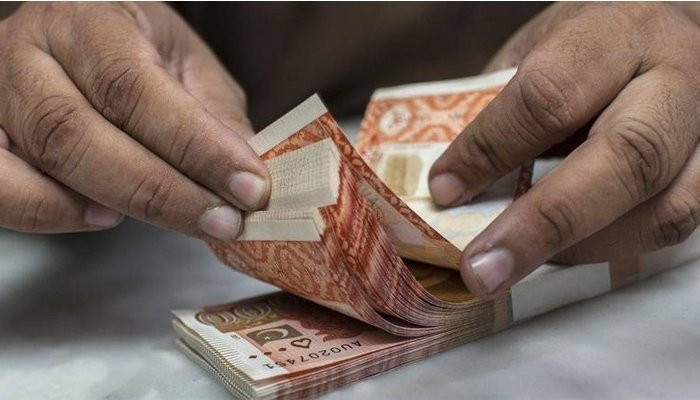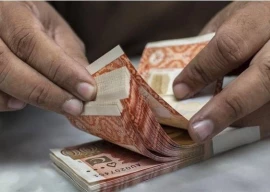
Setting aside a Lahore High Court judgment, the top court has ruled that double taxation was not beyond the scope of the relevant legislature if in substance the levy in question was otherwise properly within its domain.
"The correct rule is that there is a very strong presumption against double taxation and a heavy burden is cast on the State to show that it has been resorted to,” read a six-page verdict authored by Justice Munib Akhtar while setting aside an LHC order, which had declared that Section 7 of the Punjab Finance Act, 2011 that remained in the field till 2015 as ultra vires the Constitution.
“However, if the language of the statute is otherwise clear then the levy cannot be declared unconstitutional on such basis,” it added.
Section 7 of the Act had imposed education cess on clubs.
Also read: Impasse with IMF over PM’s tax amnesty
A three-judge bench of the apex court led by Justice Ijaz ul Ahsan has directed all elite clubs that any amount that remained recoverable from them shall be paid in four equal quarterly installments, the first one being due and payable on June 30, 2022.
However, the SC judges were unable to agree with the LHC that double taxation was impermissible under the Constitution.
“The question of double taxation invariably arises (although this does not necessarily always need to be so) within the four corners of the same statute,” the order read.
"The case usually presented before the Court is that in addition to the charging section of a fiscal statute the State claims that pursuant to some other section(s) therein, the same subject matter is being taxed again. The objection taken by the taxpayer is that this is double taxation, i.e. the subject matter of the charging section is being taxed all over again. It is essentially in this context that the rule has been laid down and applied.”
However, even in this context if the court came to the conclusion that the levy imposed must be enforced regardless of whether it amounted to double taxation if the language of the other section was clear and unambiguously imposed the tax, the order added.
Also read: Govt bars agencies from investigating tax amnesty schemes
"This, of course, is not the case at hand. Here we have two different statutes, one being the 2000 Ordinance/2012 Act and the other the aforementioned Section 7 of the 2011 Act. The question of double taxation does not therefore arise. The only possible question could be whether the levy imposed by Section 7 was within the legislative competence of the province.”
The order also read that it was well settled that in determining the constitutionality of a levy, it was its substance that would be considered, regardless of the name or label attached to it.
"We are, with respect, unable to see how that entry has any relevance for present purposes. Clearly, and this was quite correctly accepted by learned counsel, the levy imposed by Section 7 was not on the sale of goods. When learned counsel were queried as to what, in substance, was the levy imposed by the section if not a sales tax on services, they were, with respect, unable to come up with a satisfactory answer."
The bench noted that in its view, the substantive nature of the levy was clearly a sales tax on services. “It could well be the case that this levy imposed a double financial or commercial burden on the respondents, and for the same transactions they were liable to pay sales tax both under the 2012 Act as well as Section 7.”








1732355030-0/BeFunk_§_]__-(41)1732355030-0.jpg)
1732340798-0/BeFunk_§_]__-(35)1732340798-0.jpg)
1728020241-0/Express-Tribune-Web-(12)1728020241-0-270x192.webp)











COMMENTS (2)
Comments are moderated and generally will be posted if they are on-topic and not abusive.
For more information, please see our Comments FAQ